There is a moment in Breaking Bad when Jesse tells Walter White that he doesn’t want a criminal lawyer, he wants a “criminal” lawyer. In other words, he needs someone who has the legal credentials, but whose true value is in bending or breaking the law rather than serving it.
At some point in Donald Trump’s life, this conversation took place inside his head. He surrounded himself with lawyers who were, as much as anything, fixers, like Michael Cohen. Last year, Jonathan Swan noted that Trump was unhappy with his government lawyers, comparing them unfavorably to Roy Cohn, the mob lawyer who was a profound influence on his life and business.
Trump’s preference for criminal lawyers clashed with the institutional norms of government, where key legal appointments tend to be reserved for people who are ideologically aligned, but also have some genuine expertise and loyalty to the constitution, not just their client. Trump’s big lesson from his first administration was not about the limits of constitutional law, or the risks of the administrative state, but about loyalty.
He has a multi-pronged strategy to impose the loyalty he desires across government:
Hire MAGA loyalists as political appointees: The Heritage Foundation and about 50 other conservative organizations are building a farm team of 20,000 screened appointees-in-waiting who have no problem with serving a man who tried to overturn the election. John Kelly, Trump’s former Chief of Staff said, “The lesson the former president learned from his first term is don’t put guys like me…in those jobs. The lesson he learned was to find sycophants.”
Remove job protections from career civil servants: Trump’s Schedule F executive order is intended to terrify career officials into falling into line by allowing him to fire them without cause. Former Trump appointees have lists of career civil servants they plan to fire if they return to office.
Build a legal infrastructure that will allow extreme action: The actions of radical appointees can be checked by government lawyers who raise objections about the pesky rule of law. A new New York Times piece by Jonathan Swan, Charlie Savage and Maggie Haberman, plus a Washington Post piece by Isaac Arnsdorf, Josh Dawsey and Devlin Barrett offers a lot more insight into Trump’s effort to build a new legal infrastructure, which is to bring the criminal lawyers into government on an unprecedented scale. So how exactly will they do this?
Finding MAGA lawyers to run the government
Last year it was reported that Stephen Miller, the white nationalist who served as Trump’s former immigration advisor:
has his eye out for general counsels who will aggressively implement Trump’s orders and skeptically interrogate any career government attorney who tells them their plans are unlawful or cannot be done.
We are learning more about what this means from the New York Times piece:
People close to the former president say they are seeking out a different type of lawyer committed to his “America First” ideology and willing to endure the personal and professional risks of association with Mr. Trump. They want lawyers in federal agencies and in the White House who are willing to use theories that more establishment lawyers would reject to advance his cause. This new mind-set matches Mr. Trump’s declaration that he is waging a “final battle” against demonic “enemies” populating a “deep state” within the government that is bent on destroying America.
This should scare the bejesus out of you. Trump wants lawyers who will find a legal rationale for his orders. This would effectively remove, or vastly reduce, the rule of law as a constraint on Trump’s authoritarian tendencies.
In addition to Miller, the other player assembling the MAGA lawyers is John McEntee. You might not remember McEntee. He was Trump’s former body man (the guy who carried his stuff around), who was fired for failing to disclose his gambling. Trump brought him back in his last year in office, and put him in charge of selecting political appointees as Director of the Presidential Personnel Office. McEntee had no real qualifications for the job, except for the one that he sought in those hired: absolute loyalty to Trump.
This is not about ideology, but about power
To be clear, this is not about finding more conservative lawyers. There is an army of very conservative lawyers, cultivated over decades by the Federalist Society, as part of a long-term strategy to shift the country to the right. They have succeeded. Most obviously they have pushed religion into public institutions, overturned Roe v. Wade, established a more corporate friendly legal system, and are set to deliver a killer blow to the administrative state with the Loper Bright case.
While Trump struggled to find qualified appointees in many spaces, the Federalist Society lawyers solved the problem for him in the legal domain. There could be no more effective opponents of the deep state, or culture war fighters. And they have done so partly by coming up with new and creative legal doctrines that we see used in Supreme Court decisions, like the “major questions” doctrine.
So, this is not about ideology, expertise, or creativity. It is about loyalty to Trump. In this regard, Federalist Society lawyers are deemed by Trumpworld to be “squishes” — too concerned about their reputation to do what Trump wants.
Friends, you should be worried about a client who wants lawyers who do not care about their reputation.
The New York Times piece identifies Trump’s break with the Federalist Society as a schism in the conservative legal movement. For example, Trump and the long-time leader of the Federalist Society, Leonard Leo, had a falling out:
In January 2020, Mr. Leo was having dinner at Mar-a-Lago when Mr. Trump strode up to his table. The president stunned Mr. Leo, publicly berating him and accusing him of recommending the deputy attorney general, Rod J. Rosenstein, who appointed a special counsel to investigate ties between the Russian government and the Trump campaign. Taken aback, Mr. Leo protested that he had actually suggested someone else for the position — Mr. Cipollone. Mr. Trump walked away without apologizing.
Now Leo refuses to talk to Trump.
But set aside the drama and name-calling, this is less a schism than a tiff between a very conservative and successful legal movement, and a President who sees power in personalized terms. And in some cases, their interests will still overlap.
Here are the five things we know about Trump that explain both his desire for his own legal system within the federal government, and how he will use it:
Trump faces significant legal personal risks
wants to use government power to attack others,
has a demonstrated record of not respecting democratic outcomes
wants to impose a regime of personal loyalty among federal employees
has a far right agenda he wants to implement
The most immediate and obvious threats to democracy will come from the fact that a President could direct the Department of Justice and other agencies away from his misdeeds and target legal power towards his political enemies. This includes not just the Biden family, but also any public official judged to have lacked sufficient loyalty. According to the Post article, Trump has proposed prosecutions for
his former chief of staff, John Kelly, and former attorney general William P. Barr, as well as his ex-attorney Ty Cobb and former Joint Chiefs of Staff chairman Gen. Mark A. Milley, according to people who have talked to him, who, like others, spoke on the condition of anonymity to describe private conversations. Trump has also talked of prosecuting officials at the FBI and Justice Department, a person familiar with the matter said.
But Trump’s lawyers would also undermine democracy in other ways. They can alter policymaking, speeding up Trump’s deregulation, anti-immigrant policies and culture war projects. They can give a green light to abuses within the executive branch. They are also developing draft executive orders to use the Insurrection Act to deploy the military for domestic law enforcement.
Legal authority behind certain actions might be kept secret — it took two years before a copy of John Yoo’s torture memo was leaked to the press. People can sue, though this takes time, and money, and the hope that a Supreme Court dominated by the Federalist Society will prefer their more genteel model of democratic backsliding to Trump’s version.
Lawyers who will treat the constitution as a speed bump
It is important that we do not get confused by language here. Trump has complained about his lawyers as being too “weak.” An ally said he wants “stronger” attorneys. I have not been in a courtroom in a while, but I am pretty sure that feats of strength are not a key feature of what makes a good lawyer. Similarly, “America First” or “MAGA” lawyers are euphemisms, as is “creative” or “willing to push boundaries.”
Let’s call it what it is. Trump wants lawyers who will make up legal claims that sound vaguely plausible but are not anchored in facts or the rule of law. He wants liars not lawyers.
This is especially dangerous because of what Trump wants those lawyers for. Which is to give free rein to his authoritarian impulses. In particular, he was angry at lawyers who did not facilitate his effort to overturn the 2020 election, those who allowed investigations of him to move forward, who did not investigate his political enemies aggressively enough. He wants lawyers to do what he has accused his opponents of doing, which is to weaponize the power of government.
For example, Trump fired Jeff Sessions for allowing the Mueller investigation to move forward, and installed a loyalist to oversee the investigation. When the report was released, Bill Barr, Sessions replacement, then withheld information in crafting a misleading announcement that the investigation had cleared Trump.
We see the lawyers Trump has praised, and who are touted as returning in a second administration. These include Ken Paxton, the indicted Texas Attorney General who just overcame an impeachment. Another is Mark Paoletta, Trump’s former General Counsel at the Office of Management and Budget. When Trump ordered the withholding of aid to Ukraine, Paoletta rejected the OMB and Pentagon career staff objections about the legality of such actions. Paoletta is also accused of misleading investigations about what actually happened. The nonpartisan Government Accountability Office concluded that withholding funds was, contrary to Paoletta’s legal advice, clearly illegal.
This is what they mean by “creative” lawyering. Recall that all of this was done to enable Trump to shake down Ukraine for damaging information on his political opponents.
If the name Paoletta sounds familiar, it might be because you saw him in this picture with Harlan Crow and Clarence Thomas. At least Trump can count on one SCOTUS vote for whatever Paoletta comes up with.
Another example of a Trump lawyer is Jeffery Clark, who became rose in the DOJ after Bill Barr and then Jeffery Rosen refused to act on Trump’s claims of a stolen election.
Clark is assumed to be one of the six co-conspirators in a Department of Justice indictment of Trump’s efforts to overturn the 2020 election. Clark pushed false claims that the DOJ had evidence of voter fraud that affected the outcome of the Georgia election, giving local officials a basis to overturn the outcome. He has defended his actions by saying that “extraordinary times call for extraordinary, responsive legal creativity.” The New York Times reports that Clark still regularly meets with Trump at Trump’s private clubs.
Part of Clark’s legal creativity is advancing the unitary executive theory, which, in short, holds that the President has King-like powers when it comes to running the executive branch. Clark has used this theory in a brief for expanding presidential control of the Department of Justice, which would effectively shield Trump from legal accountability. Clark is also pushing for the use of the Insurrection Act to allow Trump to use the military for domestic law enforcement. Clark also invoked the use of the Insurrection Act when Justice Department colleagues pointed out that Trump illegally staying in office would lead to riots.
He was also indicted in the Georgia investigation of the efforts to overturn the election. He is not alone.
When he sought to overturn the 2020 election, Mr. Trump was unsatisfied with his government lawyers, including his second White House counsel, Mr. Cipollone, who largely rejected his efforts to subvert the results. Mr. Trump turned to a different set of outside lawyers.
Those lawyers included Rudolph W. Giuliani, John C. Eastman, Kenneth Chesebro, Jenna Ellis and Sidney K. Powell, all of whom have since been indicted in Georgia in a racketeering case that charged the former president and 18 of his allies with conspiring to overturn his election loss there in 2020. Ms. Powell, Mr. Chesebro and Ms. Ellis have pleaded guilty.
See if you can spot these lawyers in the mugshots below!
These lawyers certainly fit the Trump mould. Loyal to Trump. Creative. Fighters. Willing to push the boundaries. Indifferent to their reputations. And dangerous to American democracy.
Trump has an enormous appetite for other people’s sacrifices. He will happily run through dozens of lawyers who will destroy themselves in service to him. As a private citizen, this is his right and their choice. But when they take an oath to the constitution, they work for all of us. They owe us their honesty and accountability. We are just much less likely to get it in a legal system built by Trump’s lawyers.



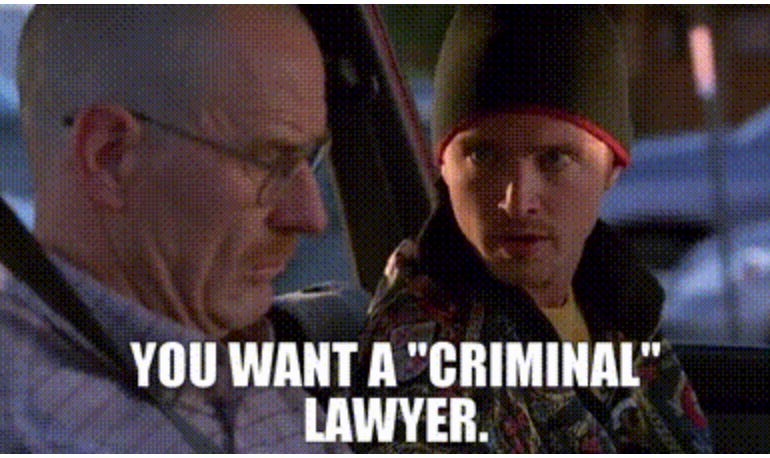
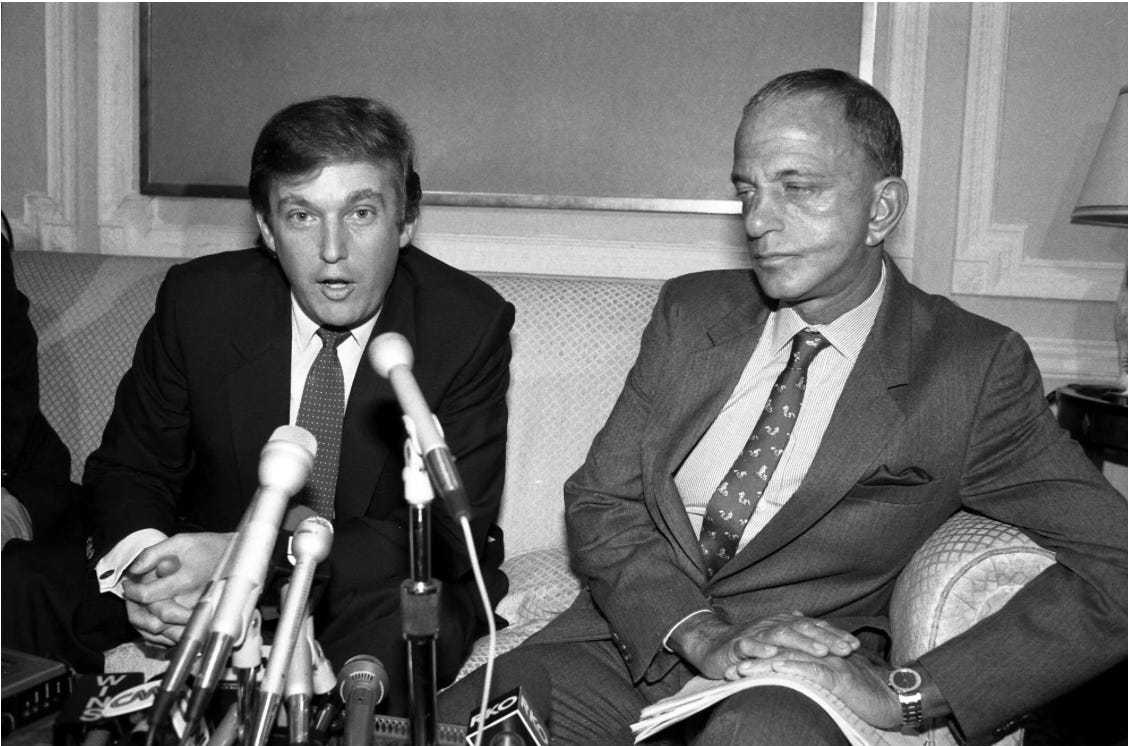
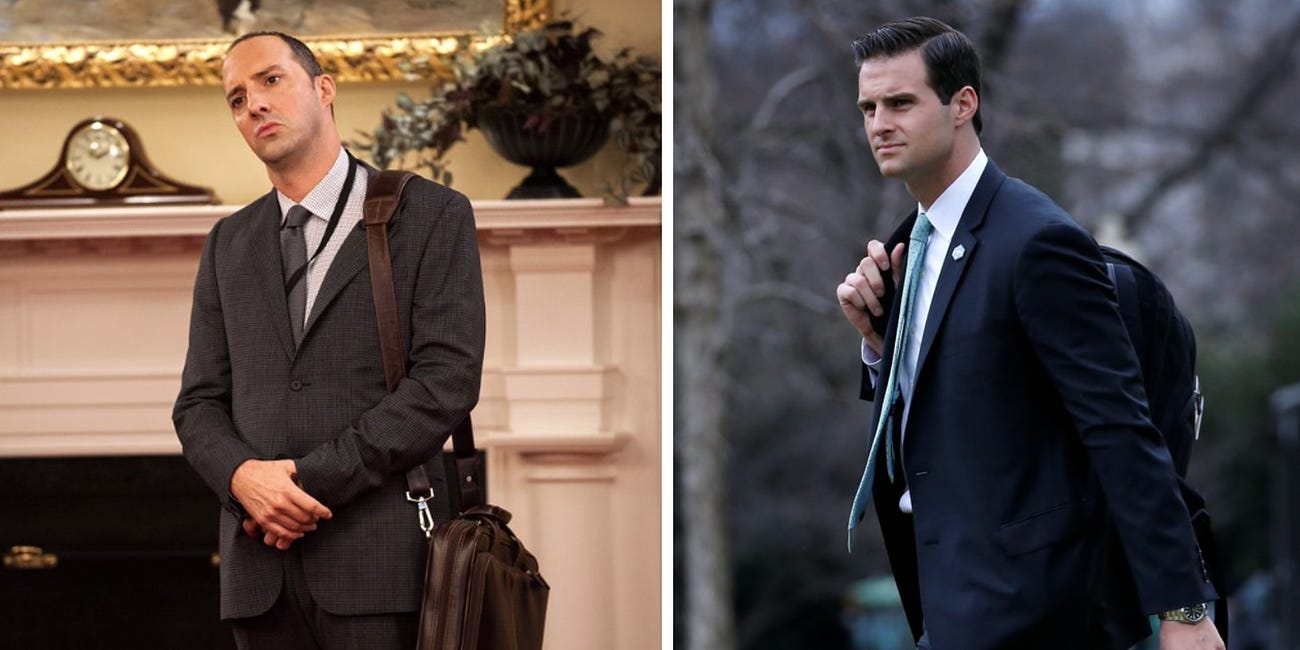
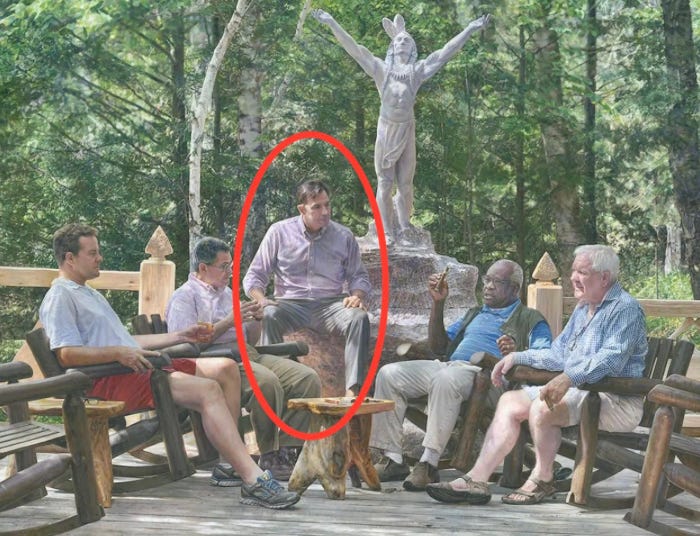
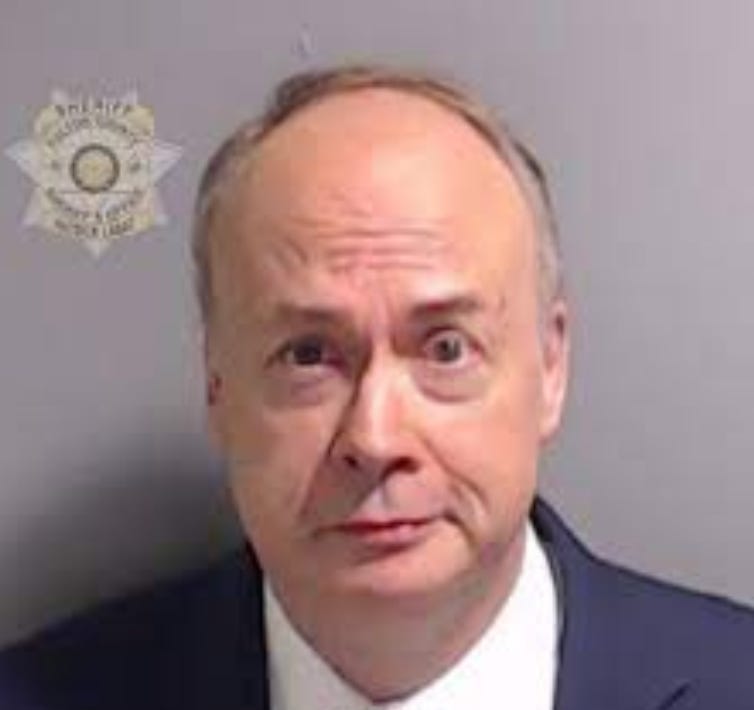
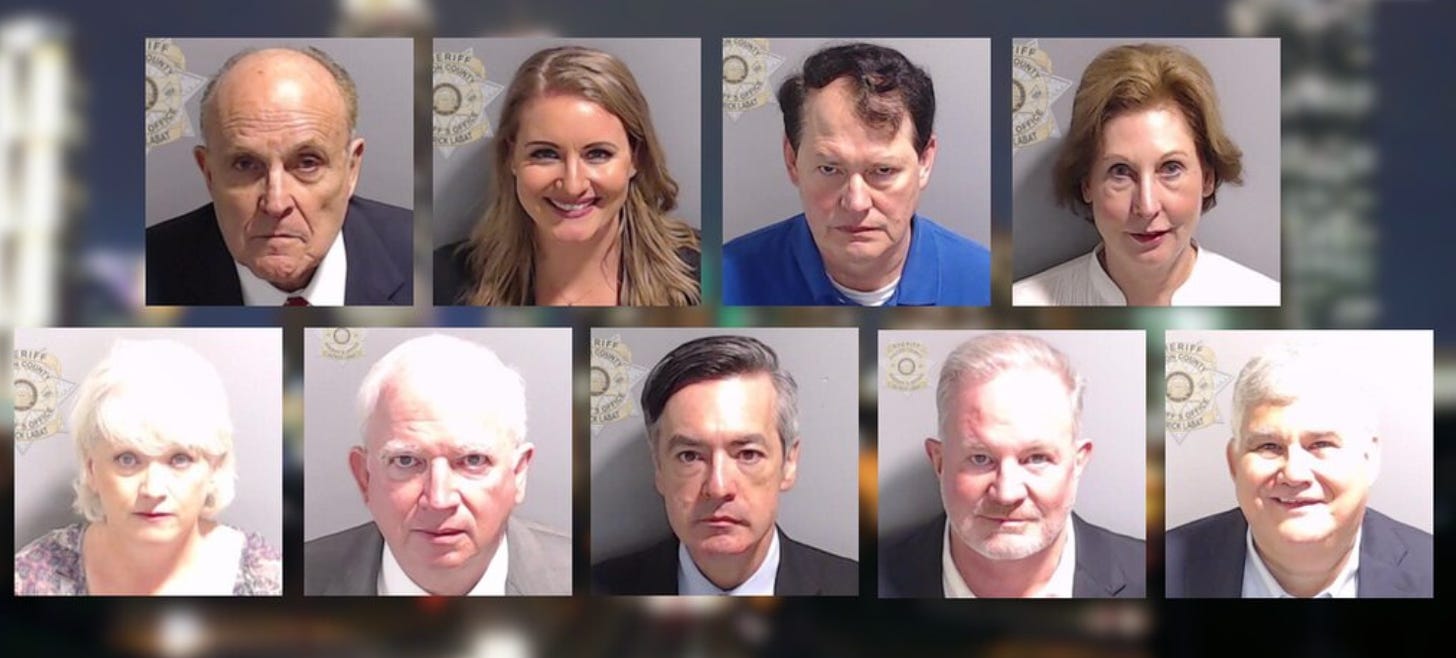
I think it's time that the legal profession begins to police its own members. Where are the law school Deans speaking out against this? Where are the law school faculty speaking out against this? Have law schools revised their curriculum to focus more on ethical behavior? Are they bringing in speakers who can address the problems with this behavior? The ABA and state bar associations need to speak up also, and loudly. Law firms need to speak against this type of behavior. Yes, you cannot make anyone ethical or moral but you can make it abundantly clear that this behavior is not acceptable and that the profession will not reward such behavior. These lawyers are rewarded not only by being a part of the government but also when they leave the government. The GA lawyers who've pled guilty did so with the understanding that they would be allowed to keep their ability to practice law. Who's going to hire them in the future, assuming Trump is not elected in 2024.
Your analysis is always spot on and, sadly, bone chilling.